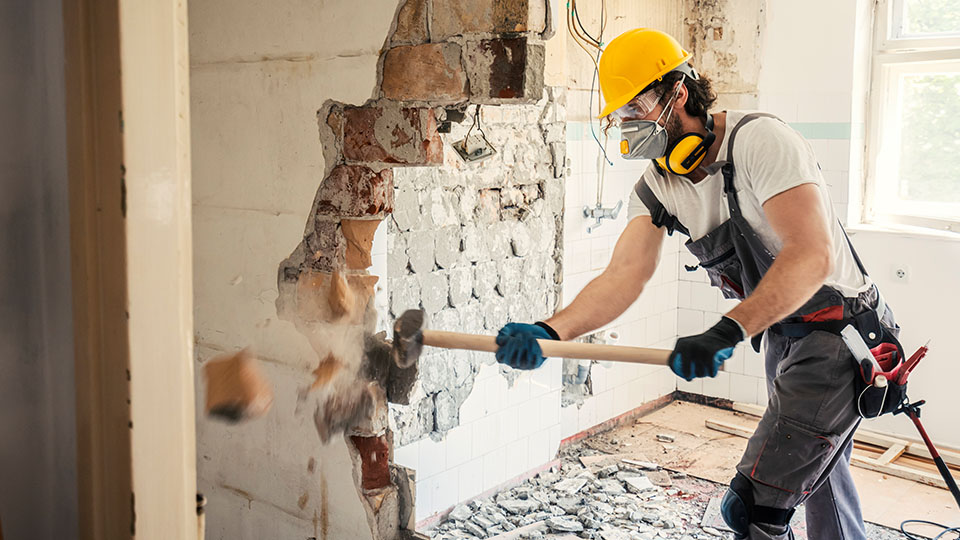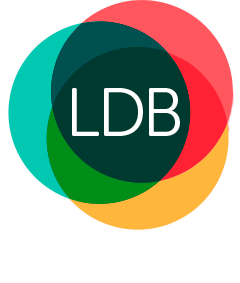Does capital gains tax (CGT) apply for knock-down rebuilds?
November 17, 2022

Do you own a block of land and love the location, but not the house on it? Or perhaps you plan to turn your investment property into your dream home?
If you’re considering a knock-down rebuild, it’s important to know if you will be liable for capital gains tax on the project and if you are entitled to any exemptions.
Here are the details.
What is capital gains tax (CGT)?
When you sell an asset for more than you paid for it (e.g. a profit), this is known as a capital gain and you may have to pay tax on that gain.
If you sell an asset for less than you paid, this is known as a capital loss.
Both are considered capital gains tax (CGT) events which need to be reported on your tax return.
The most common CGT events involve real estate, shares, managed investment funds, cryptocurrency assets and personal use assets.
CGT does not apply to the sale of your main residence if you were an Australian resident for tax purposes when you signed the contract, if you acquired the asset before September 20, 1985. It also doesn’t apply for the sale of cars and motorcycles, or personal assets worth $10,000 or less.
How does CGT impact homeowners?
The Australian Tax Office (ATO) considers your main residence exempt from capital gains tax.
There are some exceptions to this, including if you used your home to run a business, earn rent or if your home is on more than two hectares of land. CGT will apply to the part of your home that was not exempt.
Does CGT apply for knock-down rebuilds of your home?
If your rebuild replaces your original home that was demolished or destroyed, then you are entitled to a full CGT exemption when you sell the property. But this comes with certain conditions:
- The original dwelling was your main residence for the full period you owned it, you did not use it to run a business or earn rent, and it was on less than two hectares.
- The new dwelling becomes your main residence as soon as possible after it is completed and it continues to be your main residence until you dispose of it.
- You treat the vacant land and new dwelling as your main residence from when you stopped occupying the previous dwelling to when the new dwelling becomes your main residence, and this period is four years or less.
- You sell the land and new dwelling together.
What about CGT for knock-down rebuilds on investment properties?
Capital gains tax will apply to the sale of a property you have rebuilt and used for rental purposes.
There are some exemptions. For example, if you’ve owned the investment property for more than 12 months a 50 per cent discount may apply.
If a rental dwelling is demolished and replaced with a home used as your main residence, then the capital gains apportioned to the time the property was rented will be subject to CGT.
Need to know more about capital gains tax?
Are you looking to rebuild but aren’t entirely sure about the tax implications?
Speak to our tax and property specialists at LDB Group by calling (03) 9875 2900 or filling in the contact form below.
